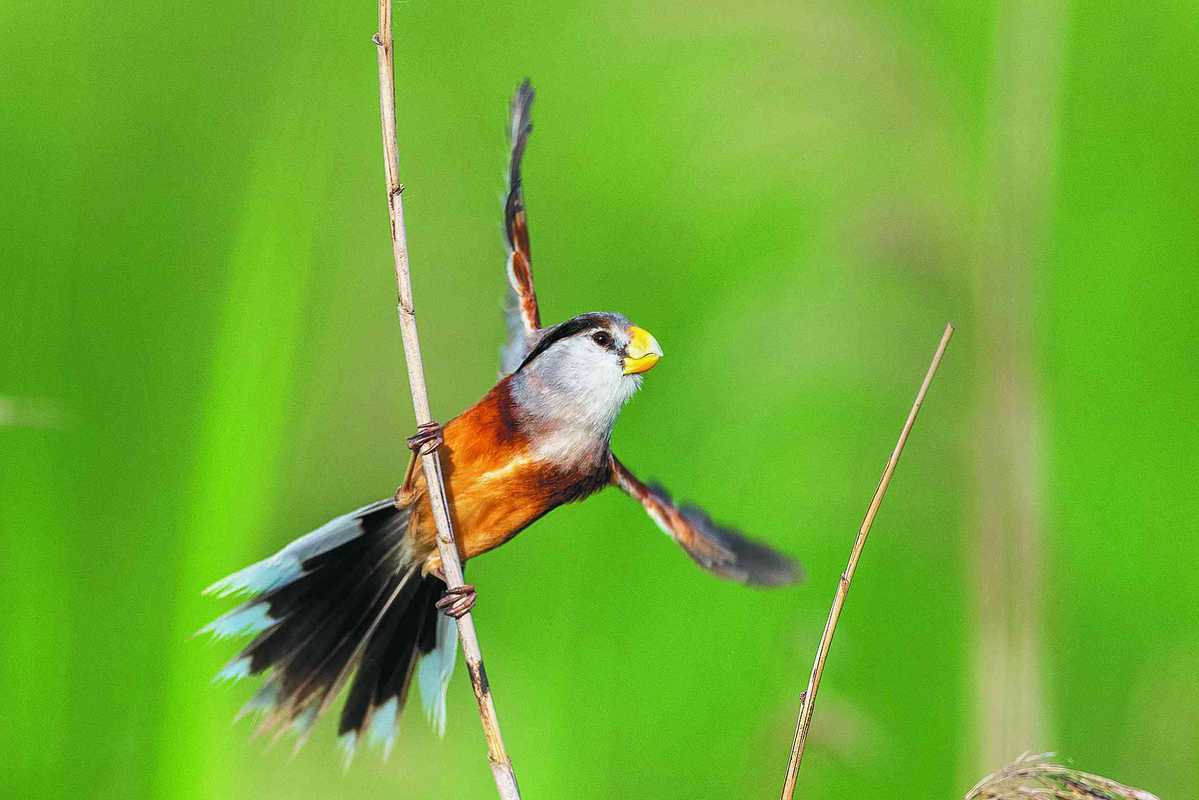City powers ahead with green transformation






Microbe research
Irina Druzhinina, a microbiologist at the Royal Botanic Gardens in Kew, London, has been researching microbes at the wetland.
Microbes can break down polycaprolactone, a polymer widely used in medicine, packaging and 3D printing.
She worked on this project near the Yellow Sea coast during a four-year stint at Nanjing Agricultural University. In July, a paper published by Druzhinina and her fellow researchers in the Journal of Hazardous Materials detailed the high number of discoveries made by the international team working in the salt marsh ecosystem at the wetland.
"From a microbiological point of view, it's an interesting place, which acts as a borderline between marine and terrestrial habitats. It has helpful marine-specific factors such as salinity, but also a rich carbon supply, so the microbes in the wetland are highly diverse," Druzhinina said.
"There was no single moment of discovery. Because of the conditions, we already knew that the area had great potential in terms of what we might find there... but to discover 184 fungal and 55 bacterial strains capable of breaking down polycaprolactone was quite astonishing."
These plastic-degrading microorganisms were sampled in May 2021 in Dafeng.
Despite the many advantages plastics offer, plastic pollution has become a major international problem that desperately needs solutions.
Scientists have long been aware that enzymes found in some fungi and bacteria have the potential to contribute to plastic degradation.
Druzhinina said, "Discovering bacteria and fungi capable of degrading polycaprolactone was not entirely unexpected, but the number of microorganisms we uncovered in this study surpassed initial expectations."
She added that the research and understanding of these potential applications is "just at a starting point ... but I can see that there is quite a bright future."




















